With Dr. Nikolay Belov, SCO-TTi is researching possible applications for energy self-sufficient ICT systems - a contribution to the environment, society and the economy.
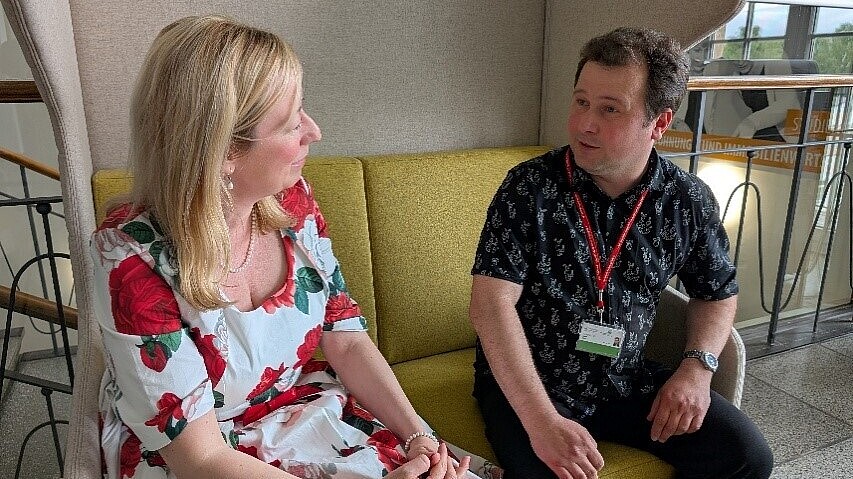
With Dr. Nikolay Belov, the SCO-TTi research team is embarking on application-oriented research into new fields of application for miniaturized harvesting modules to reduce the energy consumption of information and communication technology (ICT) systems.
Since mid-April, Dr. Nikolay Belov has been working as a research assistant in the SCO-TTi research group at the Zittau/Görlitz University of Applied Sciences - and is enriching the research project for energy self-sufficient communicationand information technologyin Saxony(EKI-Saxony for short) with new expertise.
The EKI research network aims to reduce the energy consumption of information and communication technology (ICT) systems to such an extent that they can be supplied with "free" energy (light, temperature, movement, etc.) via miniature harvesting modules in an environmentally friendly way for the first time. For the first time, the miniature harvesting modules should have dimensions similar to those of microchips, which are just a few millimeters in size. This would be a revolution for energy self-sufficient ICT systems, e.g. for wireless sensors. This could make essential contributions to the environment, society and the economy, including reducing the energy consumption of and by ICT.
Under the leadership of Prof. Dr. rer. pol. Sophia Keil, the HSZG team is concentrating on researching possible applications in business (e.g. production and logistics systems) and society.
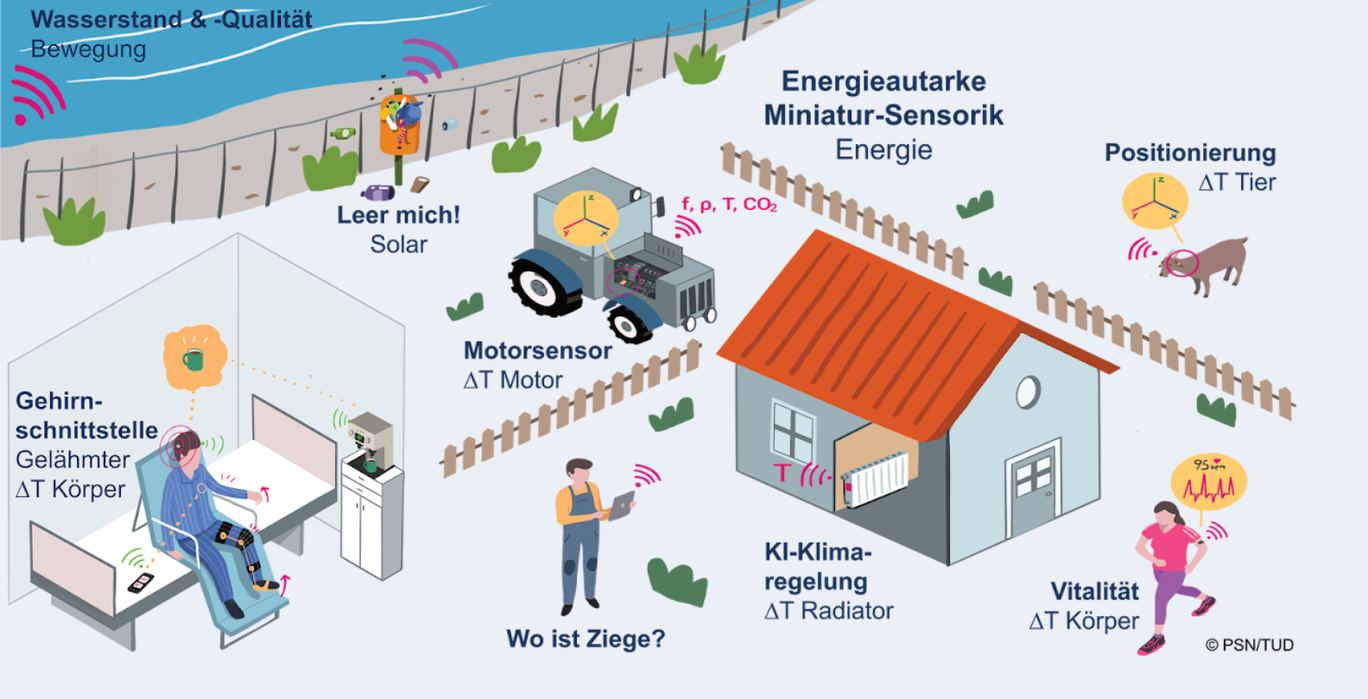
The graphic above shows an exemplary application landscape of energy-autonomous miniature sensors as part of the EKI-Saxony. Various battery-free or long-term operated sensor/actuator nodes only record event-driven measured values and communicate on-demand in order to save energy and minimize radio load.
The following possible applications, among others, are to be covered in the project:
I am delighted to be part of this forward-looking project. I find the collaboration with partners from research and practice and the opportunity to help shape research regionally and in an application-oriented way particularly exciting.
”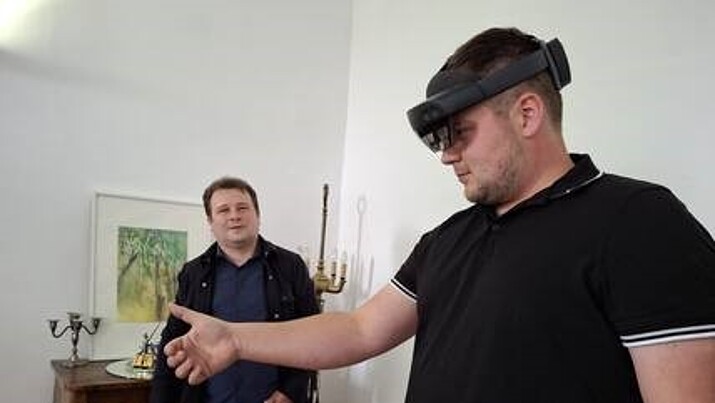
Back in May, Dr. Belov and Prof. Keil designed the workshop "Possible applications for artificial intelligence in the skilled trades", which took place as part of the AI Academy at Gröditz Castle. In discussions with craft businesses, it became clear that, in addition to software approaches - such as automated quotation preparation - hardware interfaces for a wide variety of sensors are urgently needed.
The discussions gave rise to the idea of using Gröditz Castle as a pilot site for the EKI-Saxony research project and demonstrating energy self-sufficient communication modules in real work processes there.
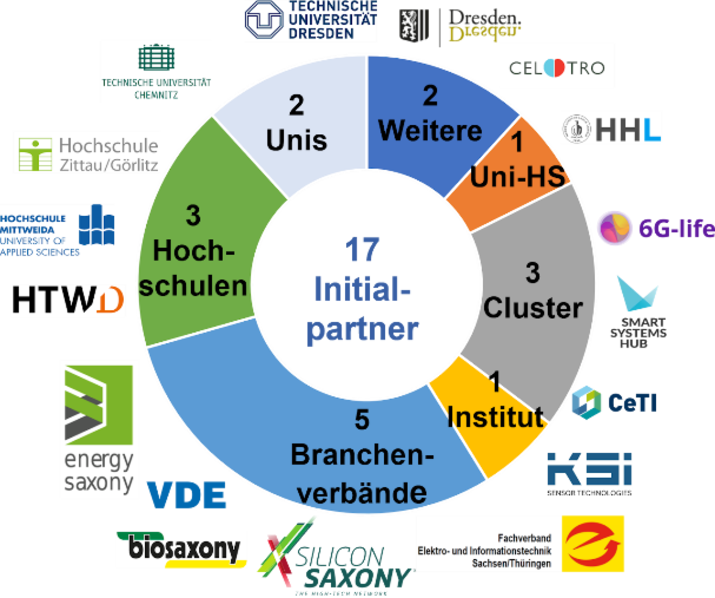
The start of the project at the HSZG marks an important step in the implementation of Saxony's contributions to the EKI-Saxony network.
EKI-Saxony (Energieautarke Kommunikations- und Informationstechnologie in Sachsen) is a Saxony-wide research network that bundles complementary expertise from electrical engineering, computer science, sensor technology, microelectronics, mechanical and power engineering and logistics in order to advance energy self-sufficient ICT with extremely energy-efficient chip electronics and mini-harvesting.
The alliance started with 17 initial partners - spread across the innovation centers of Leipzig, Chemnitz, Dresden, Zittau, Mittweida and Waldheim. The partner categories include 2 universities, 3 colleges, 1 private university, 1 institute, 3 (excellence/innovation) clusters, 5 industry associations and 2 other partners.
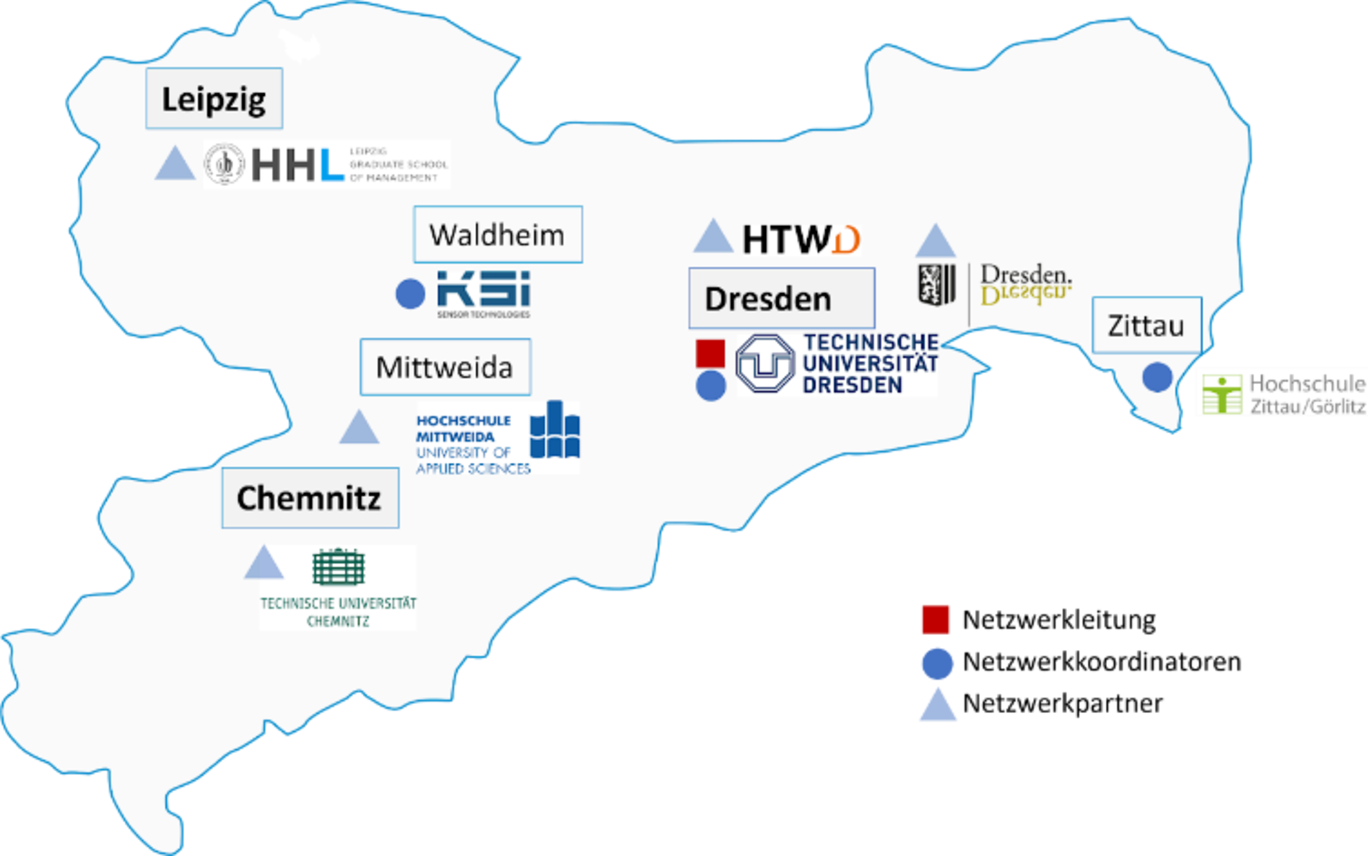
With Dr. Nikolay Belov, our research group is gaining valuable expertise to conduct even more targeted research into the socially, ecologically and economically relevant applications of energy self-sufficient ICT systems. The EKI research network in particular shows how much potential there is in collaboration across disciplines - if we manage to combine our strengths, we can make a real difference: for more sustainable digitalization, for Saxony as a science location and ultimately for a future worth living.
”In future, the team from the SCO-TTi research group also wants to explore possible applications of energy-autonomous ICT systems for the city of the future - with the aim of making rural living spaces more sustainable, networked and future-proof.